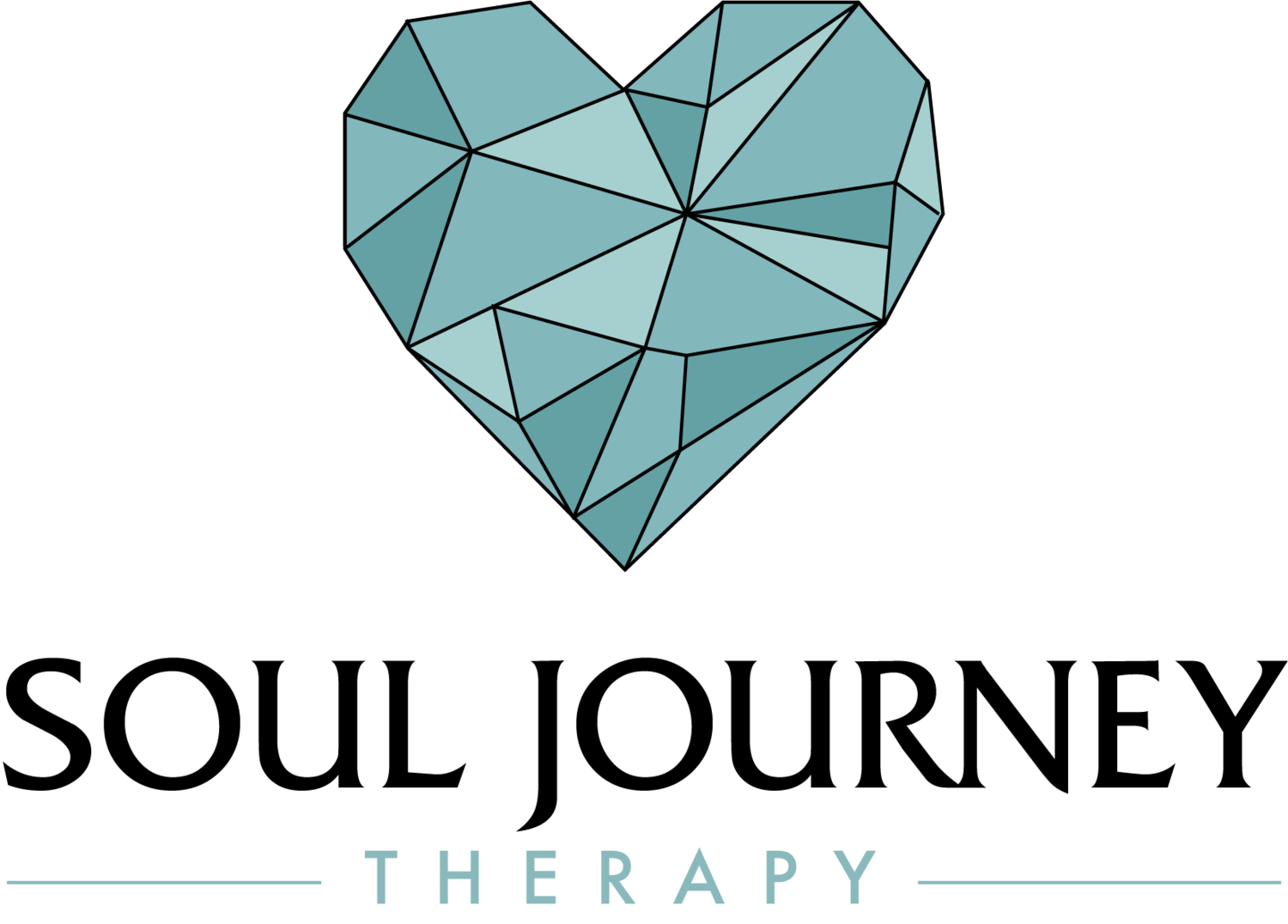“We need joy as we need air.
We need love as we need water.
We need each other as we need the earth we share."
-Maya Angelou
Co-regulation refers to the mutual influence and support that individuals provide to each other in managing their emotions, behaviors, and physiological states. In essence, we are constantly impacting and being impacted by the people around us, particularly in close relationships such as family, friendships, and romantic partnerships. Here's how co-regulation is so impactful:
Emotional Support: Co-regulation involves offering emotional support to others and receiving support in return. This can include providing empathy, validation, and encouragement during times of distress or difficulty. By sharing our emotions and experiences with others, we can regulate our emotional responses and feel understood and cared for.
Social Interaction: Engaging in social interactions allows us to co-regulate with others by sharing positive experiences, laughter, and companionship. Spending time with friends, family, and loved ones can boost mood, reduce stress, and enhance overall well-being through shared experiences and connections.
Attachment Bonds: Attachment theory suggests that secure attachment bonds formed in early childhood serve as a foundation for healthy co-regulation in later relationships. Securely attached individuals feel confident in seeking and providing support from others, leading to more effective co-regulation in relationships.
Physiological Regulation: Co-regulation extends beyond emotional support to include physiological regulation. For example, parents may co-regulate their infant's physiological states by soothing them when they're upset or helping them regulate their sleep-wake cycles. Similarly, partners may synchronize their breathing or heart rates when feeling calm and connected.
Overall, co-regulation is a fundamental aspect of human interaction and relationships. By supporting and being supported by others, we can regulate our emotions, behaviors, and physiological states, leading to enhanced well-being and stronger interpersonal connections. Cultivating healthy co-regulation skills can contribute to more fulfilling and harmonious relationships in all areas of life.


